Living With Hope
HIV stands for Human Immunodeficiency Virus. It is this virus that causes AIDS or Acquired Immunodeficiency Syndrome, a serious life-threatening disease.
The human body has a way of fighting disease and protecting itself.This defence mechanism can be compared to a country's army. When a virus or 'enemy' enters the body, the body's defence mechanism or 'army' attacks and kills the 'enemy'. Simply put, the 'army' is the body's immune system, which fights against infections and diseases. The most important component of this immune system is a cell called the 'CD4 cell'. Usually, the number of CD4 cells in a healthy body ranges from 500 to 1,800 (per microlitre of blood).
The virus starts attacking the CD4 cells by multiplying within them and destroying them. Over a period of several years, the number of CD4 cells starts falling. The immune system becomes weak, with the result that the body can't fight infections and diseases that well. This leads to the development of certain illnesses that typically affect people with HIV. When this happens, it is called AIDS.
Some of the typical illnesses affecting people with AIDS are tuberculosis (TB), diarrhoea, pneumonia, fungal infections and herpes.
Many of the germs that cause these illnesses are quite harmless to people who have a normal immune system. But, if the body's immune system has been damaged by HIV, they can cause severe life-threatening illnesses, and even death.
Being HIV-positive means that you have been infected with the virus. It is within your body. However, when various diseases begin to appear, or when the number of CD4 cells falls to less than 200, it is called AIDS. From the time you have been infected with the virus, it may take anywhere from 5 to 10 years for AIDS to develop.
HIV is transmitted in the following ways:
- Unprotected sexual intercourse (without a condom) with a person who is already infected with HIV. This is the most common way of getting HIV.
- By receiving infected blood through a blood transfusion.
- By sharing needles with an HIV-positive person.
- A pregnant woman who is HIV-positive may pass on the virus to her newborn baby.
- Rarely, medical personnel may get infected when their skin is accidentally pierced by infected needles or other medical instruments.
Your doctor will ask you to get your blood tested to see if you have been infected with HIV. There is a special test called the ELISA test to detect HIV. If the result of this test is positive, your doctor may order a second ELISA test or another test called the Western Blot, to confirm the diagnosis. If both tests are positive, it means you are infected with HIV.
Knowing that you are HIV-positive can be a terrible blow, no matter how strong or prepared you are. You may get feelings of despair, sadness and anger. You may also have heard from people, or read in newspapers, that AIDS is a killer disease and there is no cure for it.
But wait, don't lose hope. Many important advances in science have helped develop new and effective medicines for AIDS. These medicines are not a cure, but are able to control the virus within our body.
Start by talking to a doctor who knows about, or has experience in treating patients with HIV. Sharing your problem will definitely make you feel better. Your doctor may suggest you meet a counselor, who will talk to you about the various aspects of living with HIV/AIDS
Once the diagnosis of HIV has been confirmed, your doctor will talk to you, ask questions, do a check-up and send you for some additional blood tests. These blood tests may include the ' CD4 cell count' and 'viral load'.
The CD4 cell count tells your doctor about the number of CD4 cells that you have, and thereby the strength of your immune system. Viral load testing measures the amount of HIV in your blood. Both these tests will help your doctor decide when to start giving you medicines.
Today, a variety of modern medicines are available which can slow down the multiplication of HIV in your body. These are called anti-retroviral or anti-HIV drugs. A number of these drugs are being used worldwide to treat people with HIV/AIDS. Many of these are now available in India.
Your doctor will decide when to prescribe these medicines. This will depend on whether you feel ill, and also on the result of your blood tests ' the CD4 cell count and viral load. Generally, your doctor will recommend a combination of 3 medicines for you. Such a combination is also referred to as the AIDS 'cocktail'. Your doctor is the best judge of the combination of medicines suitable for you, and will tell you how to take them.
Your doctor may also discuss other issues such as financial implications, number of pills to be taken in a day, side effects of drugs etc, before you start therapy. The prices of almost all anti-HIV drugs have been steadily decreasing, but the recurring monthly cost is still an important consideration. There is also the cost of tests you need to undergo regularly. All these issues are extremely important and must be considered before starting therapy.
These medicines work by reducing the multiplication of the virus in the body, and keeping it in check. This reduces the damage to the immune system, making it stronger and thereby enabling it to fight infections and disease. Importantly, these medicines will help you lead a longer and healthier life.
It is critically important to take these medicines in the right dose and at the right time, as recommended by your doctor. Some medicines are to be taken before food, some after food. Some may even have to be taken with a particular kind of food.
Whatever your doctor's instructions are, be sure to follow them regularly. Missing one or more doses could lead to a renewed multiplication of the virus. More seriously, the virus could become resistant to the medicines that you are taking, making them ineffective.
Your doctor will know if the medicines are working by regularly measuring the CD4 count and viral load in your blood. This is generally done at intervals of 3-6 months. Once you start taking these medicines, your CD4 count should start increasing and the viral load should fall. If you have been sick and have lost considerable weight, you should begin to feel better and also gain weight.
Not yet, unfortunately. However, the medicines presently available are extremely effective in controlling HIV in your body. If taken as recommended, they can help you lead a longer and healthier life. HIV/AIDS may now be considered as a chronic yet manageable illness. Therefore, prior to starting therapy, you must be fully prepared to take these drugs all your life. At a later stage or in certain situations, your doctor may change the medicines you are taking.
Like many other medicines used to treat diseases, anti-HIV medicines also have side effects. After starting these medicines, if you develop severe nausea, vomiting, skin rash, loss of appetite or notice anything unusual, inform your doctor immediately. Some medicines can cause side effects like increased cholesterol and other fats in your blood after prolonged therapy. You may wish to discuss this issue with your doctor prior to starting treatment. Knowing what side effects to expect will make you better prepared for them.
If your HIV infection is getting worse, and your CD4 count has fallen to less than 200, you are more likely to develop other illnesses and infections. In such a case, your doctor will prescribe certain other medicines to prevent or treat these diseases. However, once your CD4 count increases to more than 200, your doctor may advise you to discontinue these medicines, or complete the course of treatment for that particular illness.
You may hear or read of a lot of 'cures' for AIDS being offered by many people. You may also receive advice from friends and family in this regard. But remember, the best information comes from your doctor/counselor. Always talk to him before you even consider these treatments. It is safer to follow evidence rather than mere claims.
Besides the search for a cure, there is a lot of ongoing research on vaccines for prevention of HIV infection. Till date, there has been no breakthrough, and it looks like we are still many years away from an effective vaccine.
Also, it is not known what the effects of vaccines (if any) will be on a person who is already infected with HIV.
As mentioned earlier, people who are HIV-infected do have a higher chance of getting other infections and diseases. This is, however, not common if you are taking your medicines regularly as recommended, and if your CD4 count remains above 200. However, watch out for the following symptoms at all times:
Inform your doctor immediately if you develop any of these, or if you notice any other unusual problem. You may need to undergo some tests and could even require treatment. You should keep this in mind whether or not you are taking anti-HIV medicines.
In addition to taking medicines for HIV, there are many things that you can do in order to stay healthy. The most important is to follow your doctor's instructions and keep regular appointments. Maintaining your general health is extremely important, as it helps your immune system to fight HIV/AIDS better. You can achieve this by following these golden rules:
- Good Nutrition: This is extremely important. Eat a well-balanced diet and maintain your usual weight. This will make you strong, keep your energy up and help your body protect itself.
- Quit Smoking: If you smoke, make a conscious attempt to stop smoking. This will certainly be of help in the long term.
- Exercise: Along with good nutrition, exercise helps you maintain your muscle mass, relax and sleep better, besides giving you a sense of well-being. Choose a form of exercise that you enjoy. Walking, jogging, swimming and cycling are good examples. Exercise regularly to stay strong and fit.
- Relax: Get enough sleep and rest.
- Hygiene: Maintain good personal hygiene, to prevent other infections from setting in.
- Handle pets carefully: Some infections can be acquired from pets such as cats and dogs. If you have a pet at home, ask your doctor what precautions to take. Avoid stray animals.
- Cut down on stress: Reduce stress levels and take time to relax. Many people find that prayer or meditation, along with rest and exercise, help them cope better with the stress of having HIV/AIDS.
- Avoid alcohol and drugs: If you drink alcohol, try and stop or at least reduce it to a minimum. Regular use of alcohol or drugs like marijuana (charas, ganja, etc) can weaken your resistance to infection, which can be dangerous if you already have HIV/AIDS.
Yes, you can travel. Be sure to carry your medicines with you and take them regularly as recommended. Eating food from a source which you are not sure of, or drinking water from outside, should be avoided. Maintaining good hygiene during travel is very important.
In addition to all the issues discussed above, women may have to undergo a regular gynaecological examination and additional tests such as a Pap smear. Women wishing to become pregnant, or wanting to avoid pregnancy, must talk to their doctor.
This is a question that you will need to discuss with your doctor and your husband. You must be aware that there is a risk of transmitting HIV to the baby. However, using medicines can significantly reduce the risk of transmission. A Caesarean section can further reduce this risk. You must also consider this possible scenario: in case of any serious illness in the future, will there be adequate support for your child? Talk to your doctor about all these issues before considering pregnancy.
If you are already pregnant, consult your doctor immediately about treatment which could prevent transmission of HIV to your baby
This can be a difficult decision, and is entirely up to you. Remember, support and understanding from your loved ones will be extremely helpful in fighting this disease. Discuss with your doctor the possibility of disclosing your status to your loved ones. Telling your spouse or sexual partner about your HIV status is highly advisable, because of the high risk of transmission.
Remember, HIV cannot be spread through casual physical contact like holding hands, hugging, living in the same house, working in the same office, sharing the same toilets, etc. The spread of HIV requires sexual contact, or the exchange of certain body fluids like blood.
So if you are HIV-positive, you must take the following precautions in order to prevent it from spreading to others:
- Practice safe sex. Abstinence is the safest practice, but if you do have sex, the correct and proper use of a good-quality latex condom can prevent HIV transmission. Avoid passing on sexual secretions and blood in any way.
- Do not share needles for drug use, tattooing or body piercing. Never donate blood, plasma, semen or body organs. ' Do not share razors or toothbrushes with anyone
Maintaining a positive attitude is extremely important for people infected with HIV. You will be glad to know that many people have now been living with HIV/AIDS for over 10 years. Following your doctor's instructions, taking your medicines correctly and maintaining a healthy lifestyle can go a long way in keeping you alive and fit for many years.
Living with HIV/AIDS will not be easy. You will have to make sacrifices, both big and small. You will feel the burden in many ways ' physical, mental, financial, maybe even social. Your family, too, will have to go out of their way to make the adjustments necessary to live with someone who has AIDS.
But times are changing, and science is making new advances every day. A few years ago, AIDS was considered a death sentence. Today, it is being viewed as a chronic infection that can be controlled. Further advances are certain to occur and it is important for you to keep yourself updated on the happenings in this field.
You will have to fight AIDS on a day-to-day basis. But with hope and determination, it is possible. Follow your doctor's orders, and do everything you can to ensure a healthy and stress-free life.
Don't let AIDS beat you. Fight
- www.tht.org.uk
- www.aegis.com
- www.aidsmap.com
- www.cdc.gov/hiv/pubs/brochure.htm
- www.thebody.com
- www.ProjectInform.org/pub/index.htm


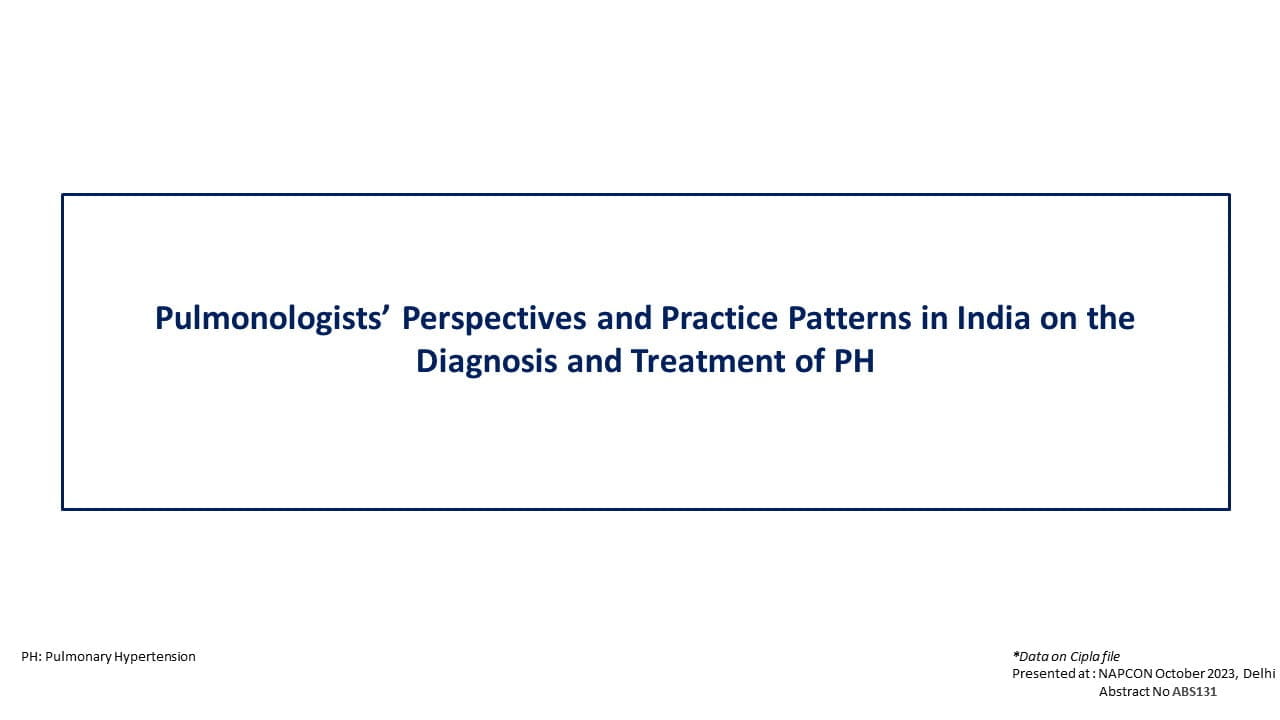
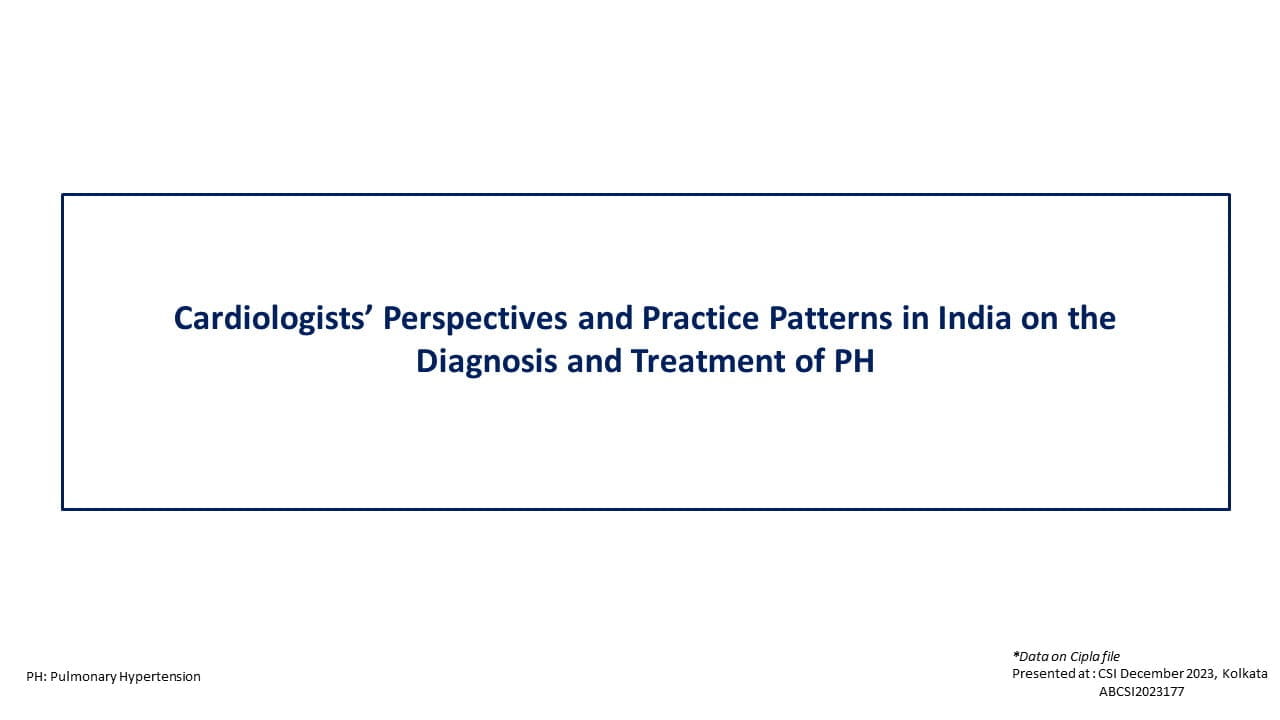
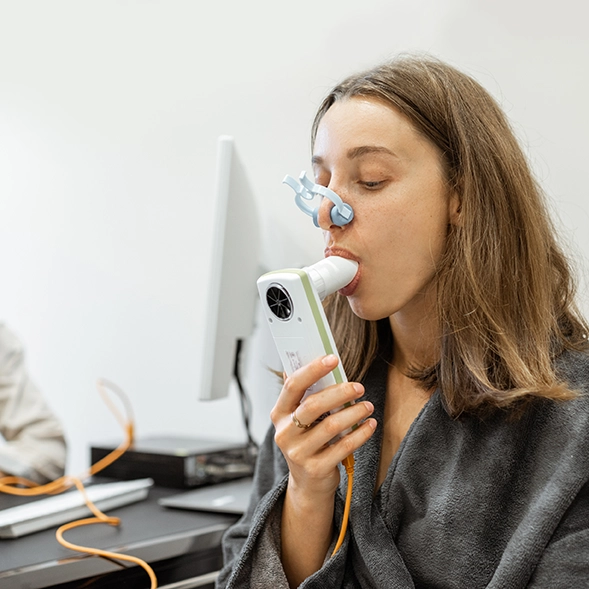


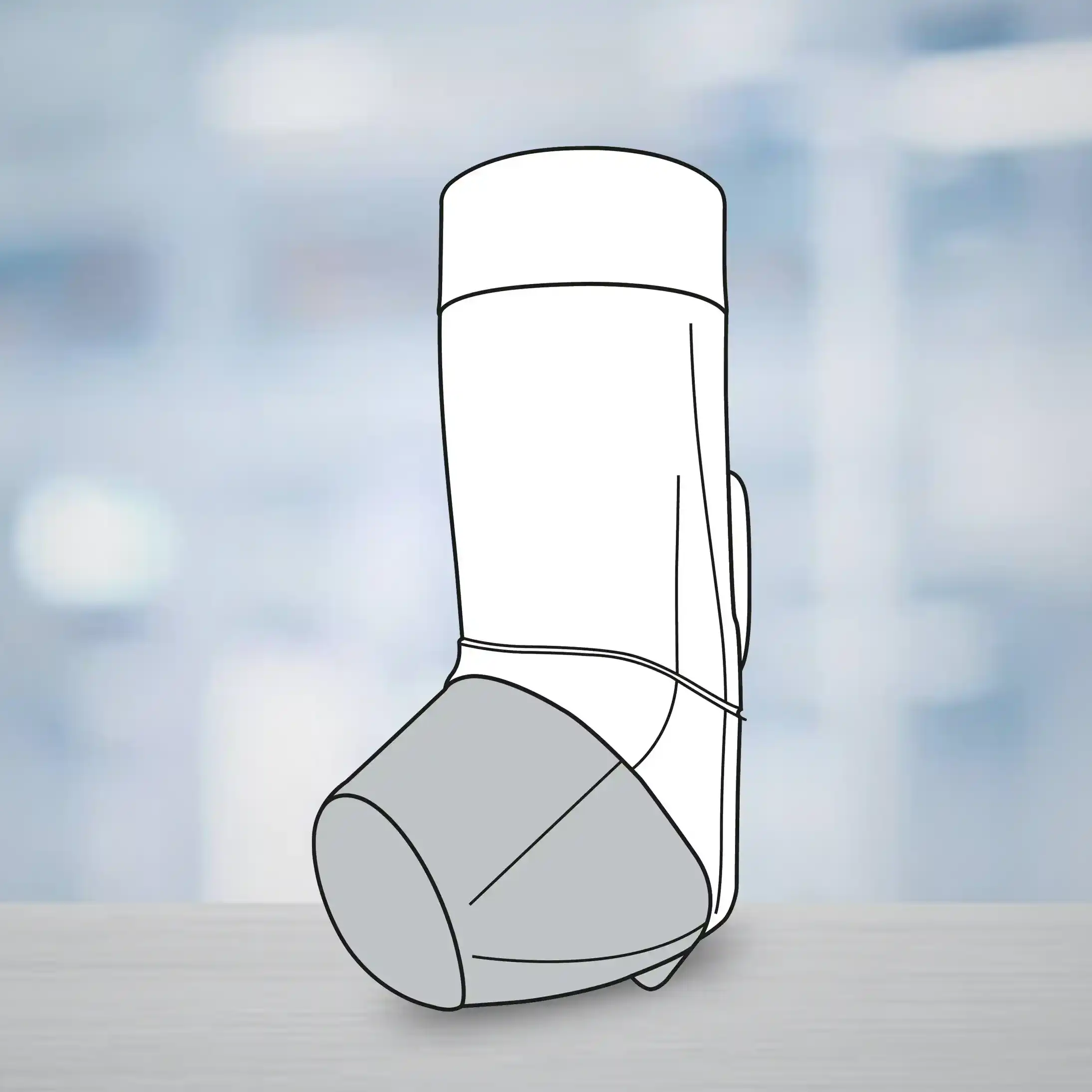
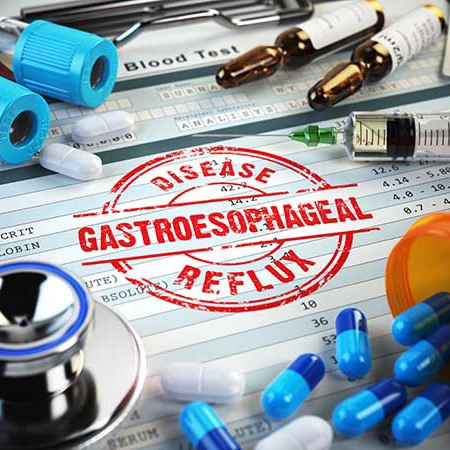

.webp?updated=20240527063817)